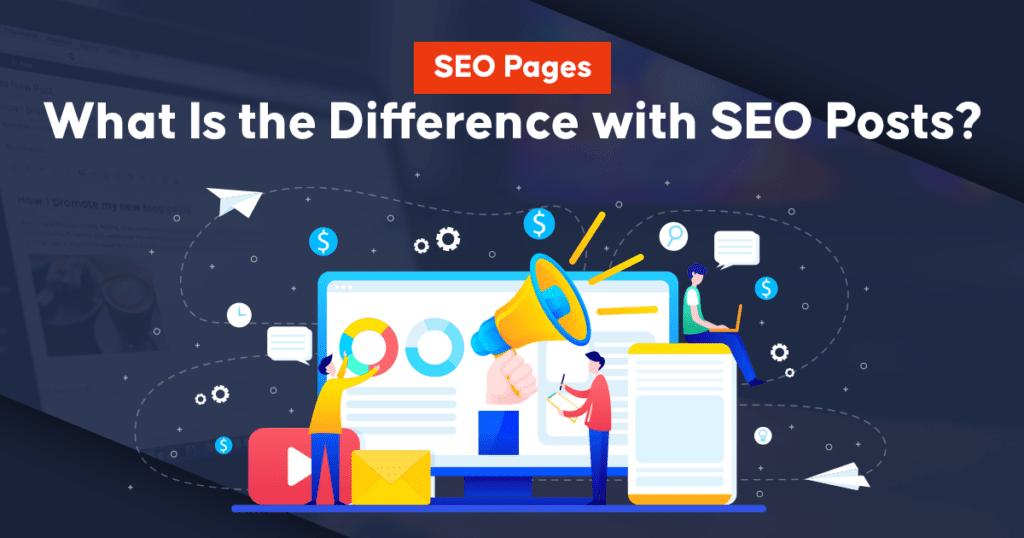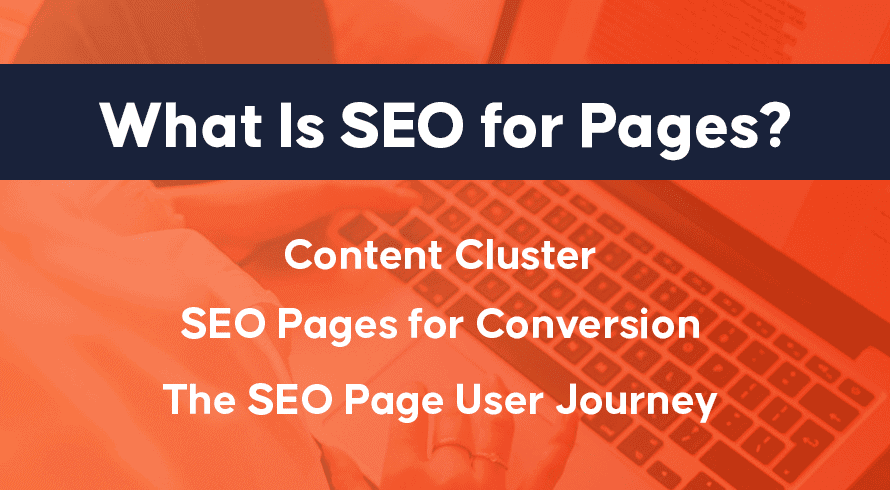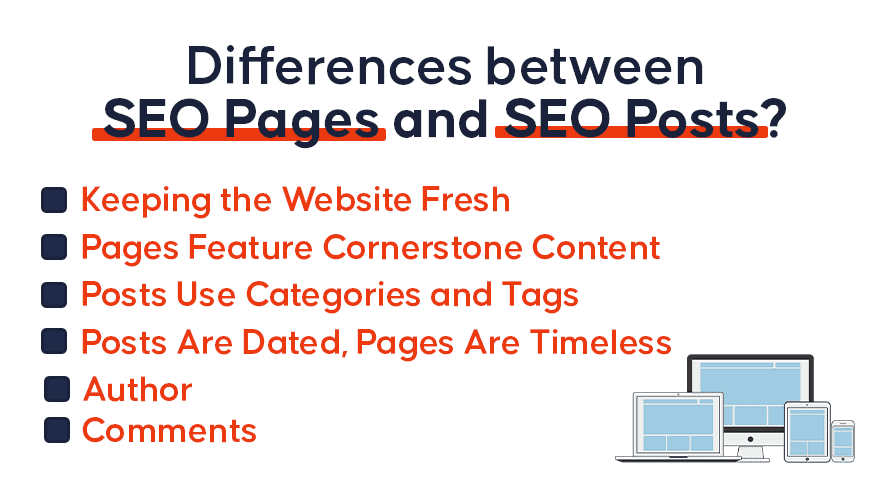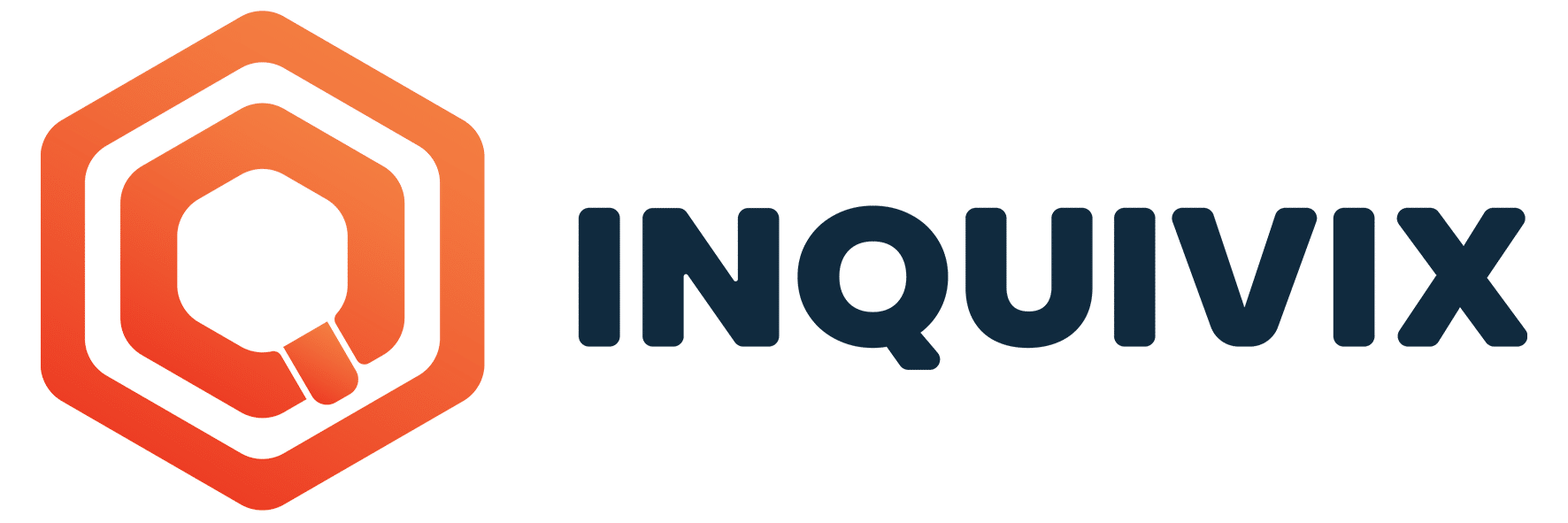Inquivix HQ
1-903, 18 Eonju-ro 146-gil,
Gangnam-gu, Seoul, Korea
06057

Primarily Googlebot does not recognize any difference between SEO pages and SEO posts. Under normal circumstances, the posts and pages have equal ranking measures in search results. Ideally, Google or other search engines will not tell the difference between the pages and posts in ranking and indexing content.
According to Google’s John Mueller, the difference in traffic between the pages and posts is internal linking. He further states whether the content is classified as a post or page only helps the owner to ensure that the content is well organized.
Additionally, using longer URLs on the posts or pages is not necessarily a problem. The only issue is linking the blog posts from other pages on your website. If your internal links point to more service pages compared to the blog posts, what search engines understand is that your service pages are more important. Additionally, if your blog posts have not been linked from other pages on the website, a search engine will not determine their level of importance and thus cause issues in search rankings.
What Is SEO for Pages?

A practical search engine optimization (SEO) method incorporates various digital marketing practices. The best tactics include blog publishing, keyword optimization, technical SEO, and content marketing. The most impressive thing you can do to ensure that your content ranks higher on Google is to create multiple pages with on-site SEO and strategically organize high-quality content around them.
Page SEO is defined as a website page targeted for a certain keyword. The primary goal of it is to increase website traffic for a certain term and convert your visitors into profitable leads. The SEO pages must be interconnected to your brand and the services that you offer.
Content Cluster
SEO pages are very useful in building keyword clusters. The pages should have high-volume keywords as they are the primary focus. It is also important to link other keyword variations and ideas back to the centerpiece, the SEO page. The content cluster uses internal linking and topic modeling to increase the user experience and improve search performance. It is a sure way to optimize your link building and rank on search engine results pages (SERPs).
SEO Pages for Conversion
On-page SEO strategy is primarily targeted at boosting lead generation. Thus it is important to incorporate forms on the pages so that potential clients can submit their personal information and convert them into leads. These pages are destination points for your potential clients.
The SEO Page User Journey
Your page SEO strategy must have a predetermined way that your users can use to visit the relevant pages on your website. The most common method is when a user types a keyword on search engines such as Google.
After that, they click the search engine result that will direct them to your page. To increase traffic on your website and leads, it is imperative to have done a lot of on-page optimization for the content on your pages for the specific keyword.
What Makes an SEO Page Successful?
There are very many factors that can contribute to your page SEO efforts being successful. Optimizing web pages include on-page SEO and off-page SEO. On-page SEO factors should include optimizing title tags, meta descriptions, alt text, and other SEO aspects. Here are a few factors that make your page SEO successful.
- Ensure that your content has images and header tags that are optimized around a specific keyword
- Have a conversion point such as to request a demo or download the content
- Have a great CTA. Ensure the CTA is engaging , SEO optimized, and convinces consumers to purchase your products and services.
- The page should be relevant to your products or business
- Few or zero links to other pages
- Several links that are pointing to this page
Differences between SEO Pages and SEO Posts
There are different options on how to publish a blog post or a page. We will explore the differences between SEO posts and SEO pages. Although they don’t display any differences after you publish them, they have different functions on your website.

Keeping the Website Fresh
SEO posts are published to feature the newest content on your website and are chronologically arranged by date. On the other hand, the SEO pages are reserved for publishing meaningful content that is central to your website. SEO pages can include essential information such as About Us or Contact Us pages.
Pages Feature Cornerstone Content
The pages feature the content cornerstone of your website, while the posts will feature dynamic or ever-changing information. For instance, if you are running a business such as selling electronics, the service pages will feature the different types of electronics available.
Posts Use Categories and Tags
Posts use taxonomies to precisely outline the content readers can find on the site. The tags are useful in grouping related content together and make it quite straightforward to navigate.
Posts Are Dated, Pages Are Timeless
Posts are dated, while the pages are timeless. The publishing dates in the blogs are quite integral in creating a chronological order of the posts. On the other hand, the pages are timeless, and users can refer to them at any time.
Author
The pages don’t have any credited author, while the posts have a public author section.
Comments
It is possible to comment on blogs and give feedback on various issues. However, on the pages, it is impossible to provide feedback.
Conclusion
On-page SEO, as well as off-page SEO, are quite integral in your SEO strategies, and you should make sure that the pages are highly optimized and engaging. The primary goal of these pages is to attract consumers to your website and convert your visitors into leads. The SEO strategy for the page should be perfectly aligned with your business. Some of the important SEO pages are About Us Pages, Contact Us Information, Product description pages, and Home Pages. These pages are the centerpiece of your website and should be optimized with relevant keywords for search results.
